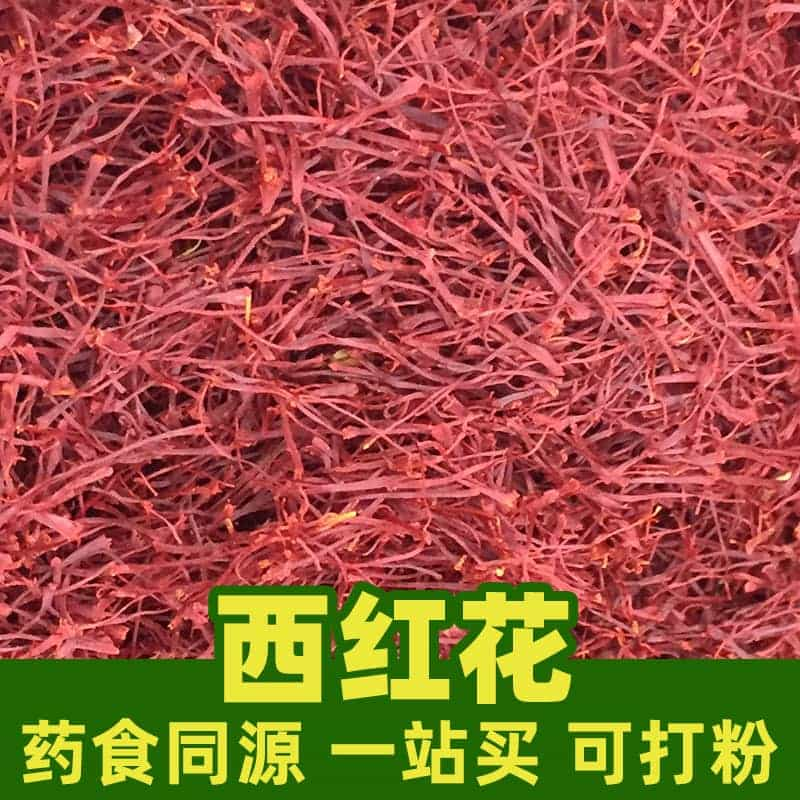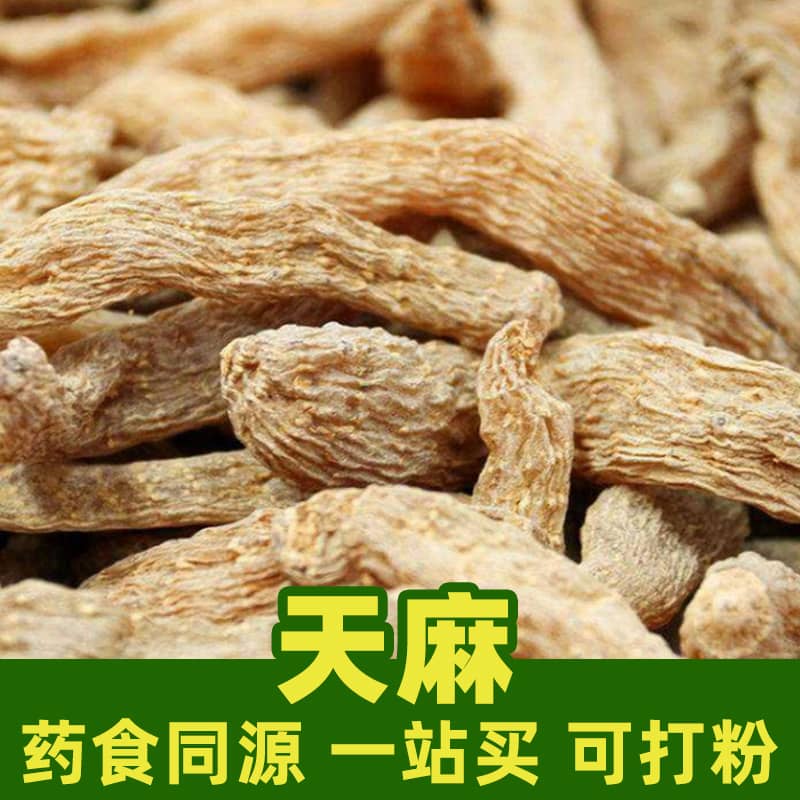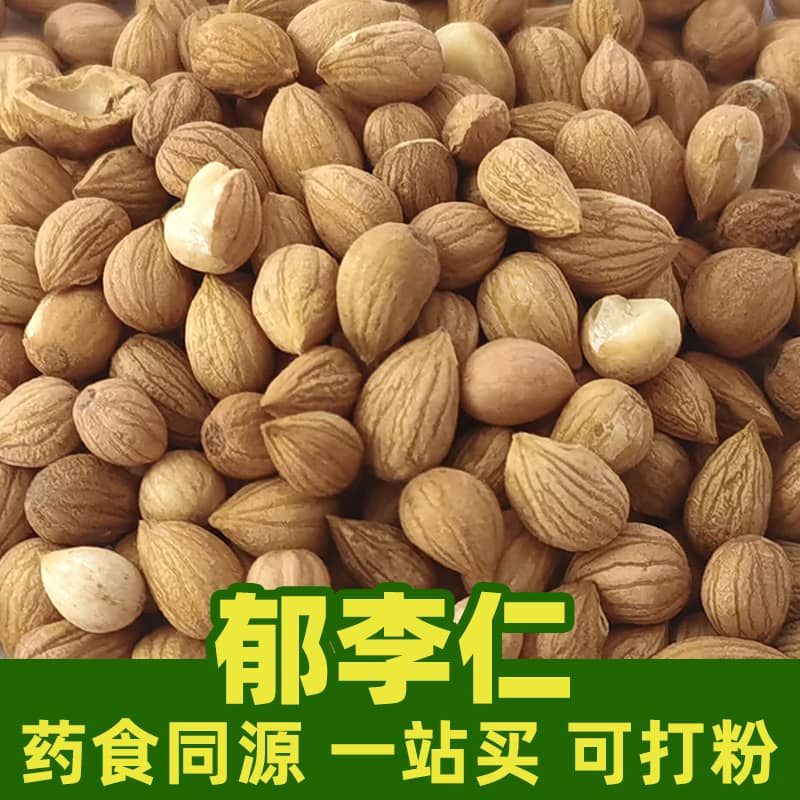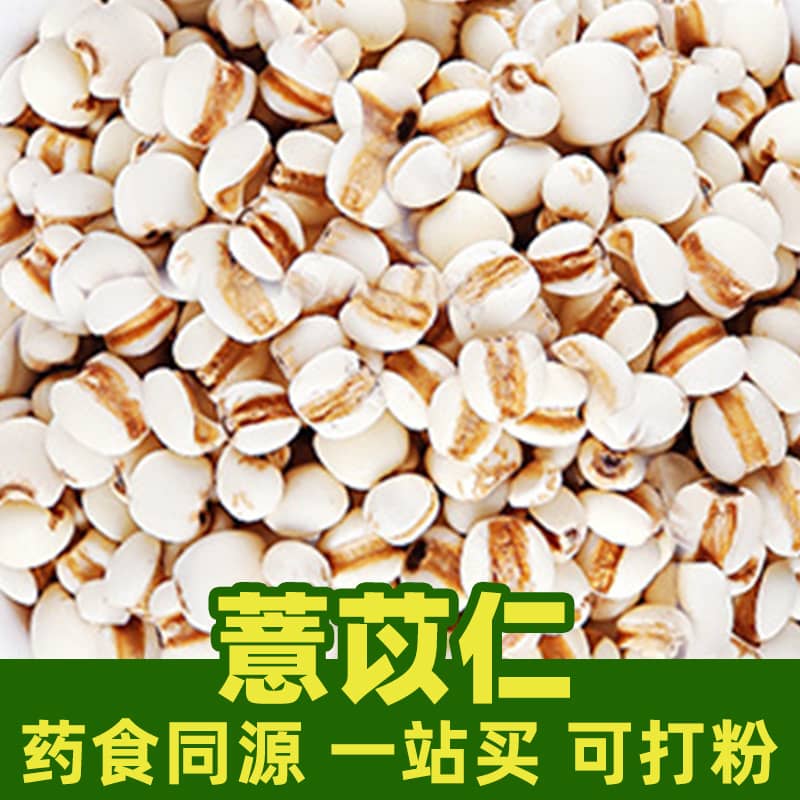Product Introduction
Bitter almonds are a type of nut with a distinct bitter flavor. Though they contain various nutrients, bitter almonds are primarily used for medicinal purposes in traditional Chinese medicine and formulations, known for their properties that help relieve cough, reduce phlegm, and support bowel regularity.
Main Active Components
Bitter almonds contain amygdalin, fats, proteins, and fiber. Amygdalin gives bitter almonds their unique bitterness. Once metabolized in the body, amygdalin produces hydrogen cyanide, which necessitates careful use of bitter almonds in both culinary and medicinal contexts.
Application Scenarios and Dosage
Bitter almonds are mainly used in herbal formulations and medicinal recipes. Due to the presence of amygdalin and its inherent toxicity, they are unsuitable for raw consumption. Bitter almonds are typically processed into bitter almond oil or bitter almond powder. Bitter almond oil can be used topically or orally and is frequently found in medicinal products for cough relief and phlegm reduction. Usage should follow medical advice or pharmacist guidance, and intake should not exceed recommended amounts.
Note that bitter almonds contain hydrogen cyanide, and improper or excessive use may harm health. Always consult a healthcare provider or pharmacist before use and adhere to professional guidelines.
Botanical Introduction, Distribution, and Growth Environment
Bitter almonds come from the bitter almond tree (*Prunus dulcis var. amara*), a variety of almond. The tree originates from Central and Western Asia and is now widely cultivated worldwide, including in China, the Mediterranean, and the Americas. Bitter almond trees have similar environmental requirements to common almond trees, preferring warm climates and ample sunlight.
Harvesting, Processing, and Storage
Bitter almonds are usually harvested when fully mature but not yet deteriorating. After harvesting, they undergo shelling and impurity removal. Due to the presence of amygdalin, bitter almonds are often dried and further processed to remove bitterness and extract useful components.
For storage, keep bitter almonds in a cool, dry area, away from direct sunlight and moisture. Proper storage can extend their shelf life and maintain their medicinal qualities.
In summary, bitter almonds are a unique nut known for their bitterness and medicinal uses, primarily in herbal formulations for cough relief, phlegm reduction, and bowel health. Given their toxic properties, they should be used with caution, following the guidance of healthcare professionals.
Monica Sun is a seasoned expert in the natural raw materials industry, with over a decade of experience specializing in traditional Chinese medicinal herbs, spices, and fungi. She is skilled in the sourcing, processing, and application of these materials, emphasizing sustainability and innovation. Monica Sun has contributed to the development of high-quality natural raw materials that serve as essential components in functional foods, pharmaceuticals, and cosmetics, delivering tailored solutions to meet diverse market needs.

















